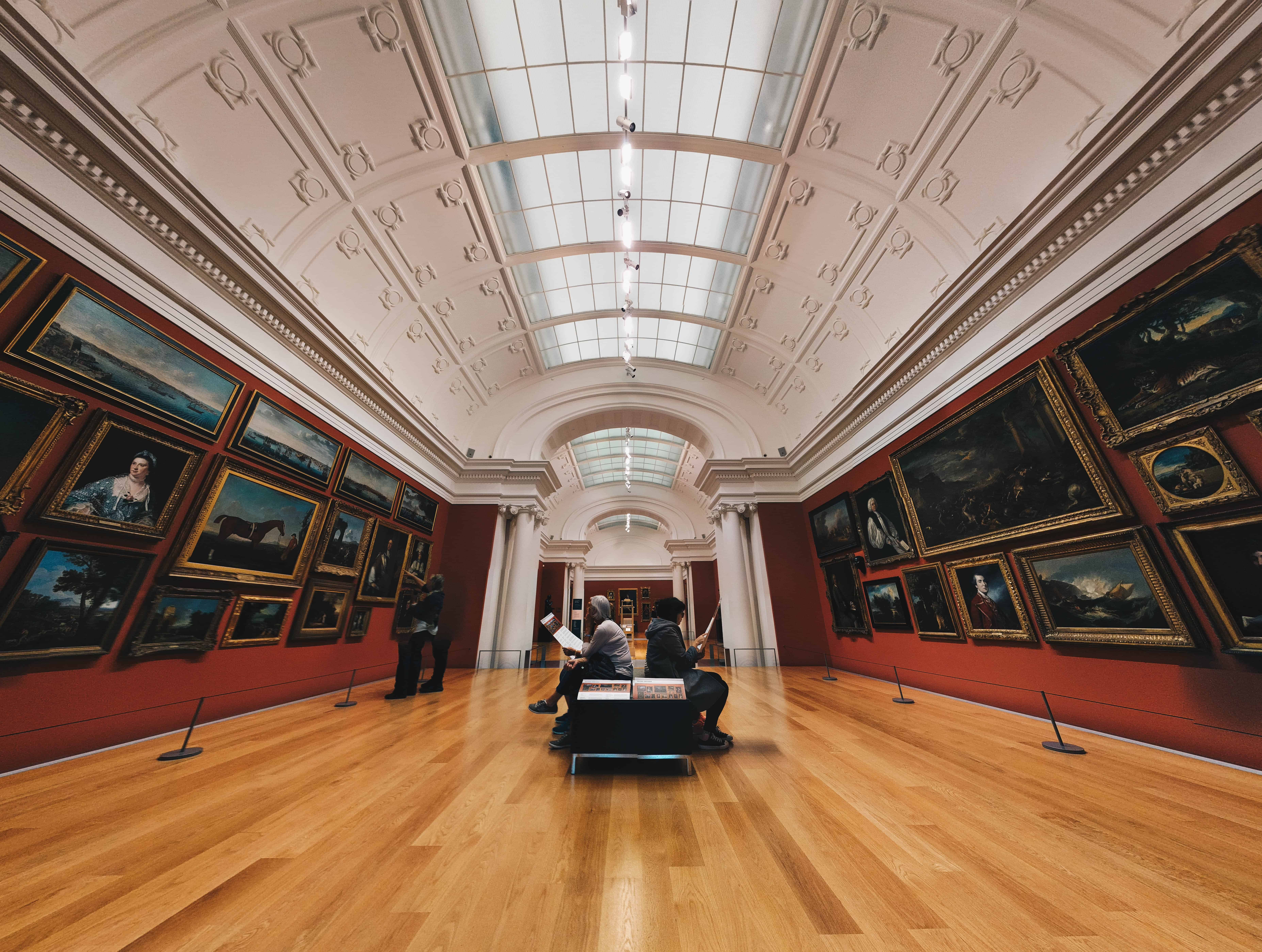
God can either give or withhold talent, and so art is another field where God gives no account of himself. Especially in the sphere of art, each and every one of us lived in deep dependence on God’s government over all things. The Lord our God gives one person this talent, and the other that talent, the one he gives a single talent, the other ten talents. Yet regardless of what you have, it is always something you receive—and not because you asked for it, but because it was given to you before you could even pray. It was apportioned to you before you received existence, and every true talent you have was given you with your very existence in seed form.
There is, therefore, nothing more repulsive than great artists who seek their own glory, and who fail to open the eye of their soul to behold their God. While the nightingale may do so, this is not befitting of human beings, who know of God’s existence, and who know that they have received everything from God.
Is Art Demonic?
This is why you may not imagine that art in itself has a demonic character, is in conflict with the sacred, and violates God’s will. Some believers, however, have held that to be the case. They felt a contrast between their sacred pursuits, and what was happening in the field of art. And instead of distinguishing between art’s legitimate use and its sinful abuse, they simply condemned art wholesale on account of the sinful abuse to which it was subjected. The first Christians already did so, because art at that time stood in the near exclusive service of pagan religion. The same inclination to condemn all art manifested itself at the outbreak of the Reformation, to counter the abuse of images in worship.
And even now many spiritual sects still adopt a more or less hostile attitude toward art. The people themselves are not interested in art, and have no taste or appetite for it, lacking the gift to appreciate it. What they came to know about art or saw or heard for themselves was often of poor quality, and hence failed to fascinate them. And now, because they confused the sinful misuse of art with true art, they were all too soon tempted to banish all art, and to demand of others that they do the same. This inclination expressed itself especially whenever sacred art lost ground, and the scene was dominated by worldly art.
God’s Sovereignty Over Art
Yet regardless of how commendable the banishment of corrupt, sinful art from your life may be, your disdain for what is sinful may never lead you to close your eyes to the dominion that God exercises also in the field of art. The gift and talent of art is something that no man can create. God Almighty alone can implant this gift or talent in a person at birth. And where it has pleased God throughout all ages and among all more highly developed nations to bestow the gift of art on various people, it follows that he willed the existence of the field of art, that he himself called art to life, and that he distributed also these gifts most freely. This is most clearly evident in the artistic genius of virtuosos and all other great artists, such that one cannot deny it without taking something away from God’s government over all things.
Art does not exist because people invented and conceived of it, and called it into life, but art—just like agriculture, industry, commerce, and every other expression of life—exists only by the grace of God and by virtue of his ordinances. This is why the apostle calls him the Master Designer and Builder [see Heb 11:10]. It is he who called into existence all that shines so nobly and exaltedly in art. And where the great works of art relate to each other, manifest the same basic trait, and are similar insignificance, it is not enough to confess that artistic genius is from God, but one must rather recognize with all thanksgiving that it is our God who introduced the whole area of art into our human life.
This post is adapted from Pro Rege, Volume 3 by Abraham Kuyper (Lexham Press, 2019).





